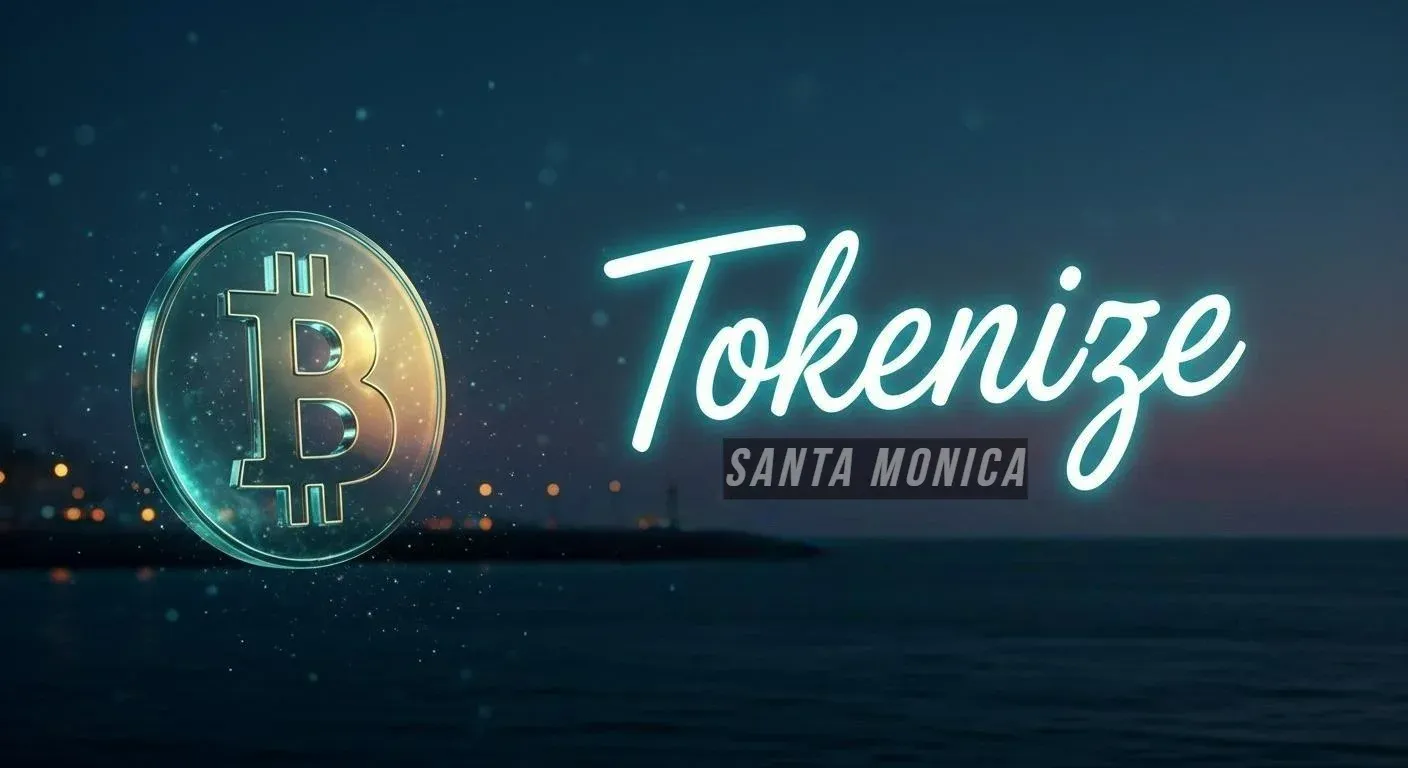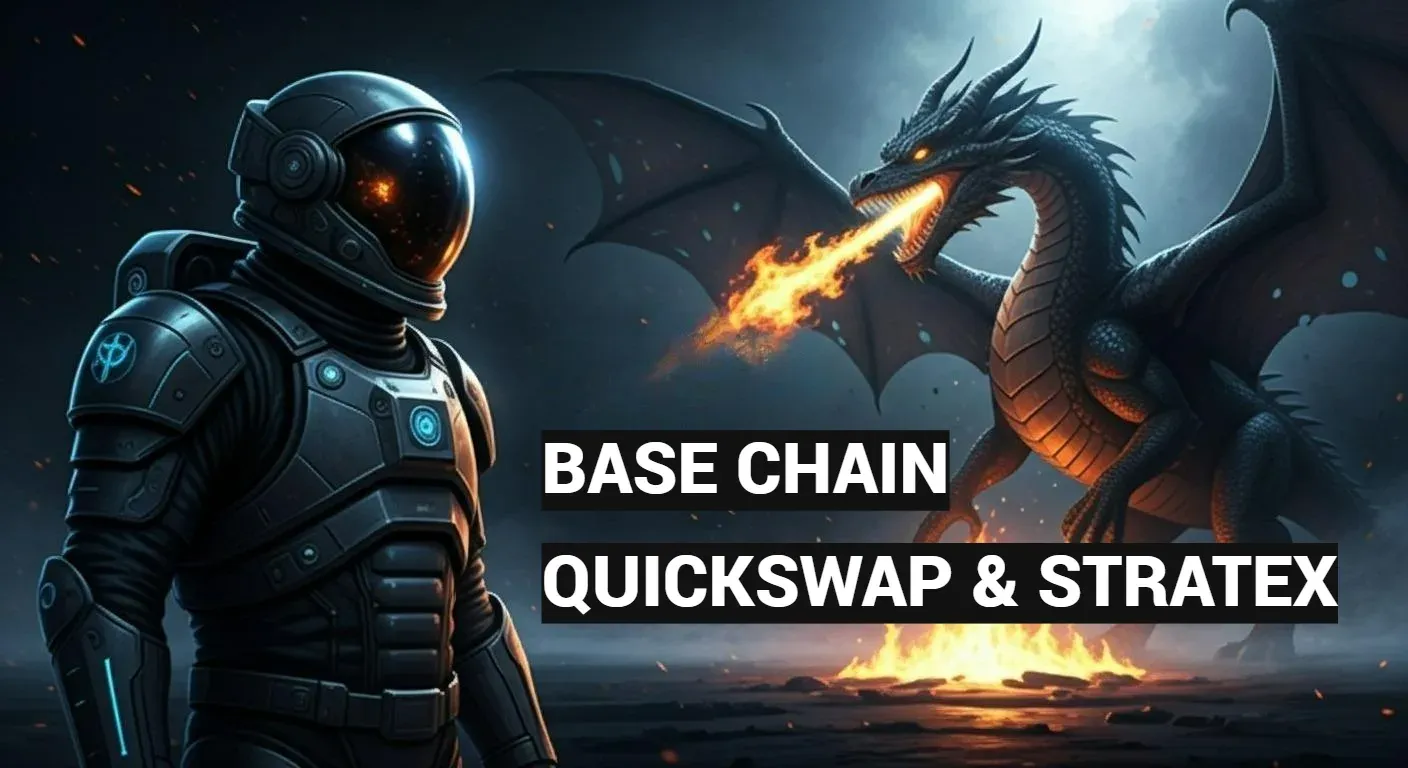In the ever-evolving world of mobile gaming and cryptocurrency, some developers are opting to step back rather than embrace the latest trends. Dong Nguyen, the elusive creator of the viral hit game Flappy Bird, recently made headlines by distancing himself from both new game projects and the growing integration of cryptocurrency in the gaming industry. While blockchain technology and NFTs are becoming increasingly prevalent in gaming, Nguyen has chosen to remain on the sidelines.
The Rise of Flappy Bird
Released in 2013, Flappy Bird quickly became one of the most viral mobile games ever created. Its simplistic gameplay, combined with its notoriously high difficulty level, led to widespread popularity — and frustration. At its peak, the game was generating $50,000 a day in ad revenue. However, the sudden success came with immense pressure. In 2014, Nguyen unexpectedly removed the game from app stores, citing the overwhelming attention and its negative effects on his well-being.
In stark contrast to many developers today, Nguyen avoided capitalizing on NFTs or crypto-based gaming economies, despite the potential financial gains. While games like Axie Infinity have flourished in the play-to-earn space, Flappy Bird’s creator has maintained his distance from these developments.
Why Nguyen Rejects Crypto in Gaming

The rapid integration of blockchain and cryptocurrency into the gaming sector has given rise to crypto gaming, where in-game assets are tokenized, allowing players to buy, sell, or trade them. While this model presents opportunities for new revenue streams and greater player engagement, Nguyen seems uninterested in pursuing such innovations.
Unlike developers embracing blockchain gaming, Nguyen’s perspective seems rooted in preserving simplicity and avoiding the complexities tied to blockchain integration. His focus remains on traditional gaming experiences rather than involving himself in the intricate world of NFTs and cryptocurrency-based in-game economies.
The State of Crypto Gaming
As Nguyen steps back from crypto integration, the rest of the gaming industry continues to charge ahead. Blockchain technology is rapidly transforming the gaming landscape, with developers exploring new ways to tokenize in-game assets and offer players true ownership. Solana, for instance, is one of the leading blockchains being used to power decentralized gaming ecosystems, while Polygon is another major player offering scalable solutions for blockchain gaming.
For those interested in the convergence of blockchain and gaming, games like Decentraland and The Sandbox are leading examples of how cryptocurrency is reshaping the industry, allowing players to monetize their experiences.
Nguyen's Legacy in Gaming
Despite his withdrawal from the spotlight, Nguyen’s impact on the gaming industry cannot be overstated. Flappy Bird remains one of the most iconic mobile games of all time, influencing countless other titles in the hyper-casual gaming space. The game's simplicity has led to its continued relevance in discussions around mobile game design, even as the industry shifts toward more complex models involving NFTs and decentralized gaming economies.
In a world where AI and blockchain are reshaping how games are developed and monetized, Nguyen’s decision to avoid these trends highlights a unique approach to game development—one that prioritizes simplicity and player enjoyment over profit-driven innovations. Even as blockchain gaming continues to gain traction, Nguyen remains a symbol of restraint in an industry racing toward technological integration.
The Future of Blockchain in Gaming
As developers increasingly turn to blockchain to enhance gameplay and reward systems, it’s clear that cryptocurrency and gaming will continue to intersect in significant ways. The rise of play-to-earn models, where players are rewarded with cryptocurrency for their in-game achievements, has introduced a new paradigm in gaming.
However, the complexities and potential risks involved in blockchain gaming, including concerns about crypto scams and market volatility, have led some developers, like Nguyen, to remain cautious. As crypto gaming evolves, it will be interesting to see whether other developers follow in Nguyen’s footsteps or if they embrace the new frontier of gaming economies.
Conclusion
Dong Nguyen’s decision to distance himself from crypto and new gaming ventures is a reminder that not every developer is eager to jump on the latest trends. While blockchain and cryptocurrency are undoubtedly transforming the gaming industry, with platforms like Solana and Polygon leading the charge, Nguyen's focus on simplicity and traditional game design offers a refreshing contrast.
As the gaming industry continues to evolve with the integration of decentralized technology, Nguyen’s legacy as the creator of Flappy Bird will stand as a testament to the value of simplicity in an increasingly complex world.
FAQs
Why did Dong Nguyen remove Flappy Bird?
Nguyen removed Flappy Bird in 2014 due to the overwhelming attention and pressure that came with its sudden success. He felt the game's addictive nature was negatively affecting players.
What is blockchain gaming?
Blockchain gaming involves the use of decentralized technology, allowing players to own and trade in-game assets through NFTs. This adds new layers of player interaction and revenue generation.
How does cryptocurrency fit into gaming?
Cryptocurrency in gaming is often used in play-to-earn models, where players are rewarded with crypto for in-game achievements. Popular blockchain platforms like Solana and Polygon are leading this innovation.
What are NFTs in gaming?
NFTs, or Non-Fungible Tokens, in gaming represent unique in-game assets that players can buy, sell, or trade. Learn more about how NFTs are transforming the gaming industry in our article on NFT games.
Is crypto gaming safe?
While crypto gaming offers exciting opportunities, it also carries risks, including market volatility and scams. For advice on avoiding pitfalls in the crypto space, check out our guide on crypto scams.
Why does Dong Nguyen avoid cryptocurrency involvement?
Nguyen has chosen to distance himself from crypto and new gaming projects, focusing on traditional game design rather than embracing trends like NFTs or blockchain integration.













Discussion